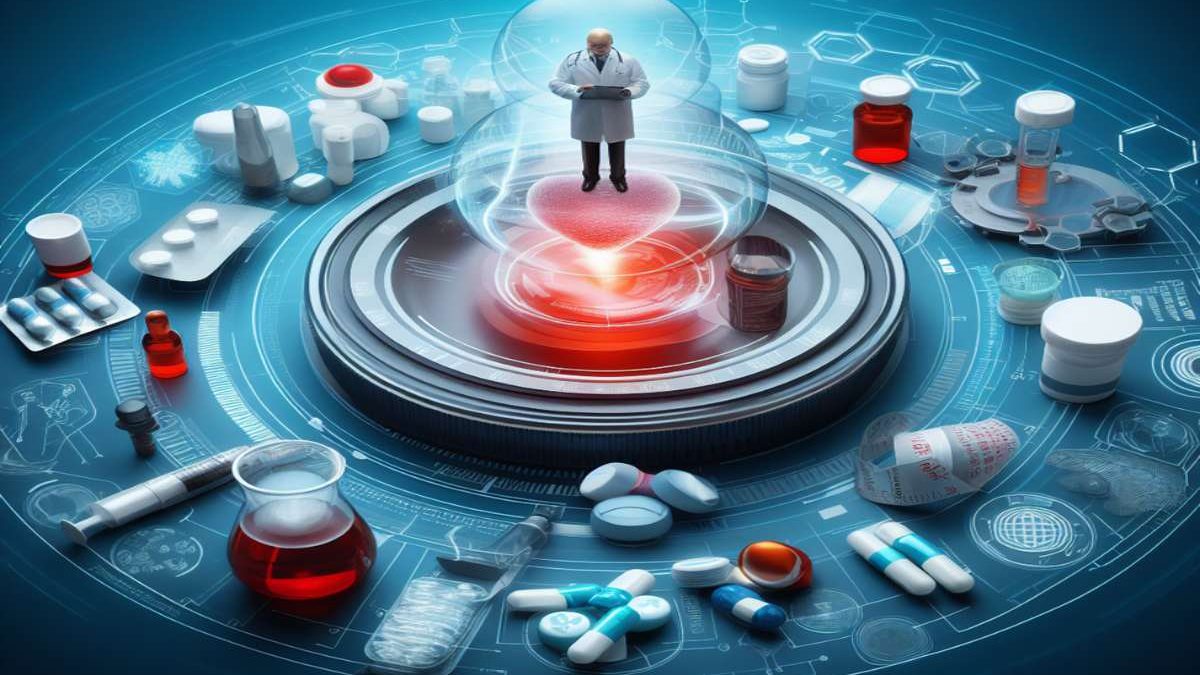Medication Technology – Genetic and data analytics advances allow doctors to understand better how patients will respond to different pain relief pills based on their genetic makeup. This improvement has led to more personalized prescription decisions that maximize effectiveness and minimize side effects. The goal is to create individualized therapies rather than the one-size-fits-all approach of the past. By analyzing a patient’s DNA, doctors can predict whether certain medications are more or less likely to work well or cause problematic side effects. The future points toward prescribed pills that are genetically optimized for each individual.
Table of Contents
3D-Printed Pills
3D printing technology is making its way into pharmaceutical manufacturing, enabling the production of tailored pills and tablets. Researchers have 3D-printed tablets with specialized designs and drug release profiles that can be customized to each patient’s needs. For example, some 3D-printed pills feature intricate hollow chambers and tunnels within them to achieve timed or delayed release of active drug ingredients. Others contain multiple drugs with programmed release sequences. This level of control over medication dosing and delivery was never before possible with traditional manufacturing techniques.
Ingestible Sensors
Several companies are developing “smart pills” — capsules containing tiny ingestible sensors and medication. After being swallowed, the sensor is activated by stomach fluids and transmits data to a wearable patch worn by the patient. Doctors can be notified if a patient misses a dose or can track how the body responds to the medication. Some sensors also measure heart rate, body temperature, and other health metrics as they pass through the gastrointestinal tract.
High-Tech Patches & Implants
Companies are also experimenting with high-tech skin patches that can administer drugs topically over several days. These patches contain miniature needles, pumps, and drug reservoirs that slowly release medications through the skin into the bloodstream. Some experimental patches can monitor blood chemistry and bodily responses using built-in sensors.
Implanted drug delivery devices are also gaining traction, particularly for conditions like diabetes that require regular medication dosing. These tiny implants slowly release drugs inside the body over weeks or months and can communicate dosage and health information to patients and doctors.
Artificial Intelligence Applications
Artificial intelligence (AI) and machine learning algorithms are beginning to optimize many aspects of drug delivery. AI can analyze biological data to predict which patients will respond favorably or adversely to certain medications before prescribing them. It can also fine-tune the technical specifications of personalized 3D-printed pills tailored to each patient’s physiology and health status. As more data is gathered, the algorithms become more accurate at determining optimal medications and doses. AI and automation will likely take on a growing role in affordable, customized drug manufacturing and delivery.
Conclusion
Advances in personalized medicine are transforming pharmaceuticals to better meet each patient’s needs. Ingestible sensors, customized pills, and buy modafinil uk help make treatments more precise. As researchers leverage data and technology in new ways, medication can become as unique as someone’s genetic profile. These breakthroughs promise more effective, tailored solutions that provide patients and doctors with targeted options for improved outcomes.

